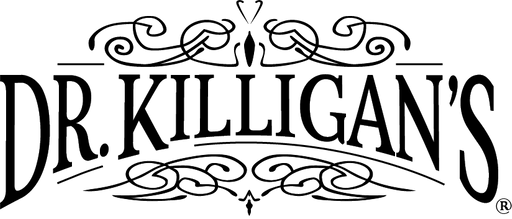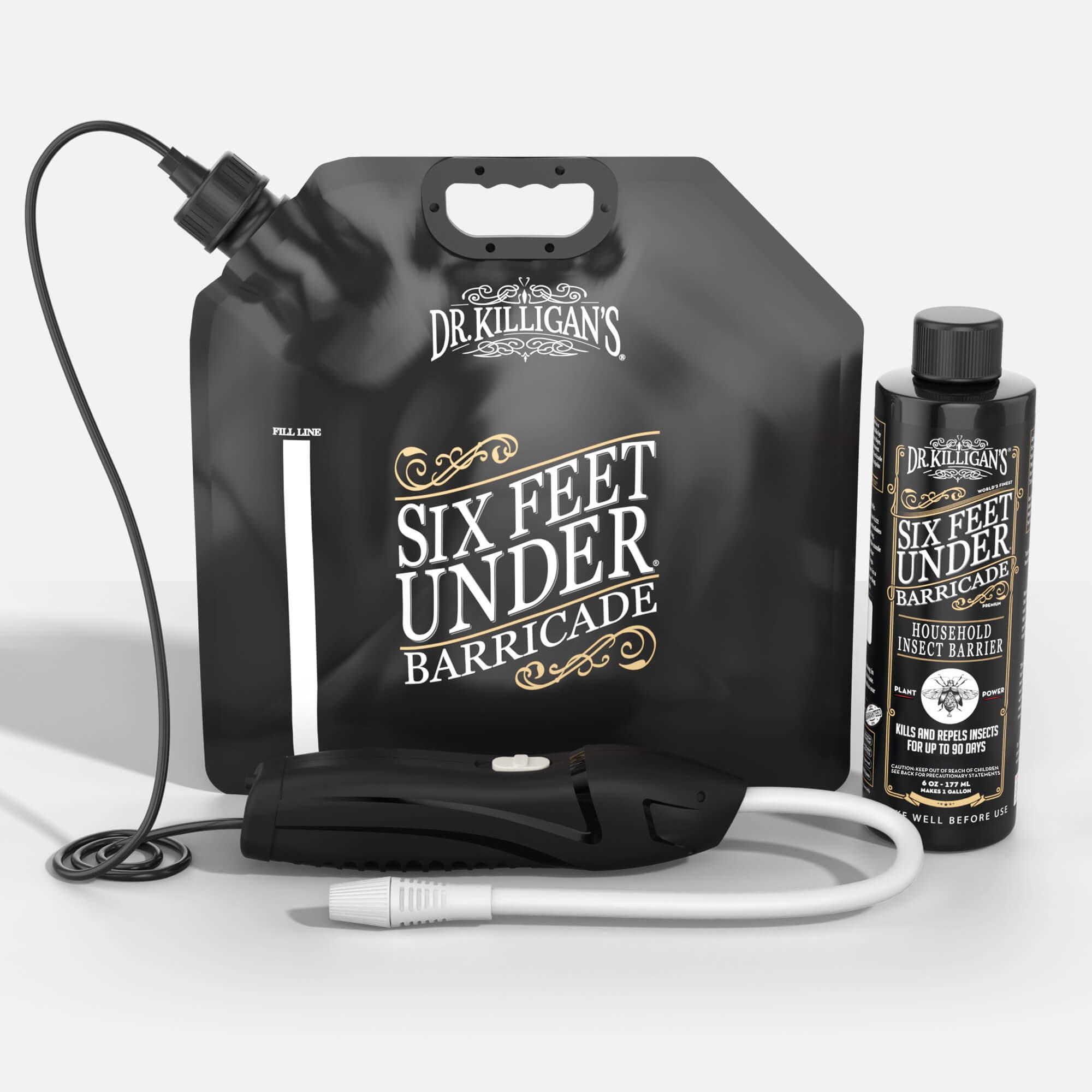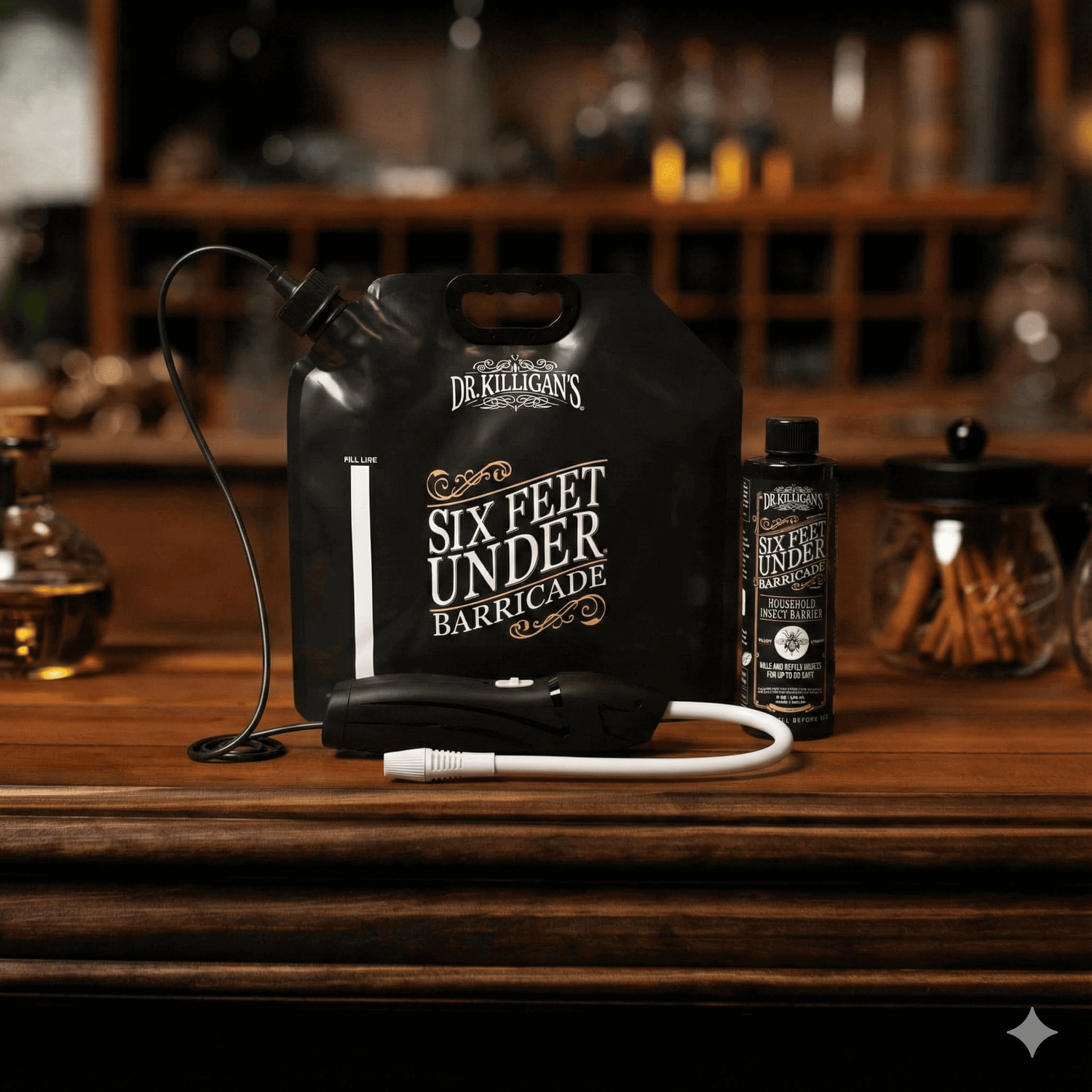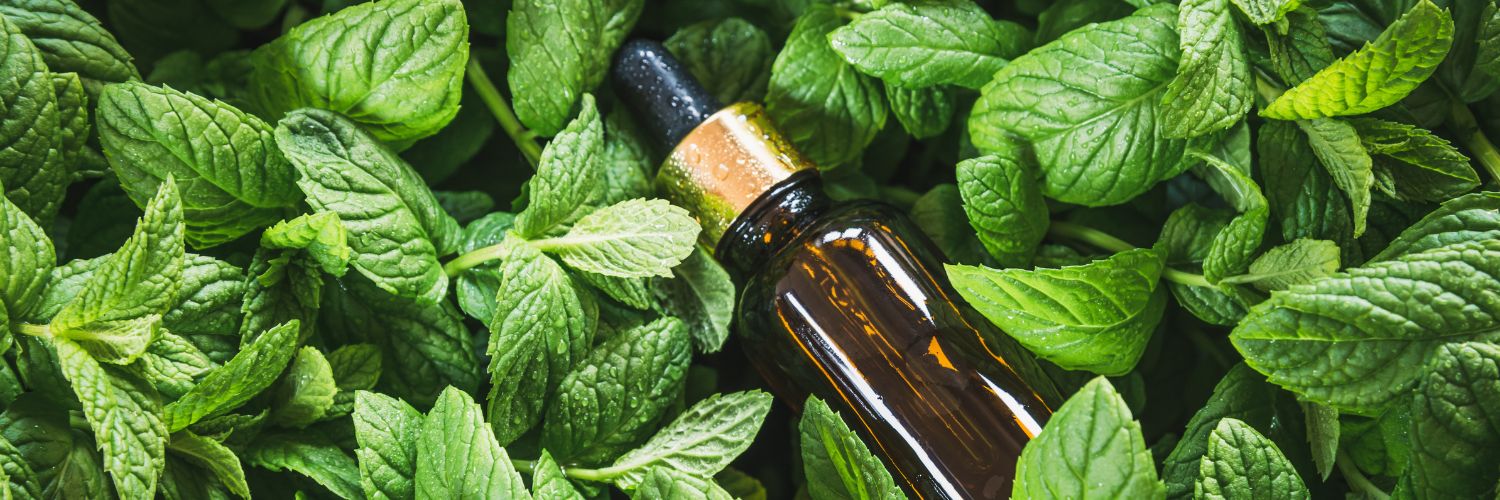Published July 27, 2023 • Updated October 31, 2025
Reviewed by Julie Miller, BA in Language Arts, Editorial Lead, Dr. Killigan’s
TL;DR: Permethrin is a synthetic insecticide that kills insects by disrupting their nervous systems—but it can also harm humans, pets and the environment. Choose safer, plant-powered alternatives like Six Feet Under, Dust to Dust, Sweet Surrender and Cedar Planks for effective, safer pest control.
What is permethrin?
Permethrin is a synthetic pyrethroid insecticide, modeled after natural pyrethrins found in chrysanthemum flowers. It kills insects by paralyzing their nervous systems, leading to quick death.
Permethrin is used in:
- Household and garden insect sprays
- Fabric and clothing treatments
- Tick and mosquito repellents
- Flea and lice control for pets
It’s effective against many insects—including mosquitoes, ticks, fleas, roaches and silverfish—but its safety profile is where things get complicated.
Is permethrin safe for humans?
Permethrin is not completely safe. While considered less toxic than some older insecticides, it still poses risks—especially with long-term or repeated exposure.
Permethrin can enter the body through inhalation, skin contact or ingestion. Once inside, it affects the nervous system by interfering with sodium channels—similar to how it kills insects.

Research insights
- A Biomedcentral (BMC) study found that long-term, low-dose oral exposure to permethrin caused measurable harm to liver and kidney function in rats—an indicator of potential risk for humans.
- The U.S. Environmental Protection Agency (EPA) classifies permethrin as “Likely to be Carcinogenic to Humans” when ingested, based on tumor formation in mice and structural activity data.
- According to EPA risk summaries, permethrin is highly toxic to fish and aquatic invertebrates and poses contact risk to bees and beneficial insects.
In short: permethrin’s effects aren’t limited to pests—it can impact humans, pets and ecosystems when misused or overused.
Is permethrin toxic to pets?
Yes. Cats are particularly sensitive to permethrin. Even small doses (especially from dog-only flea or tick treatments) can trigger severe neurological symptoms such as tremors, seizures and, in extreme cases, death.
For this reason, never use permethrin products on or around cats and avoid indoor foggers or sprays when pets are present.
How does permethrin work?
Permethrin kills by binding to sodium channels in insect nerve cells, forcing them open. This causes uncontrolled nerve firing, paralysis and then death.
While this mechanism is highly effective against insects, mammals—including humans—have similar nerve pathways, which explains its potential side effects.
Do you want to use permethrin as a bug killer?
That depends on your comfort level with synthetic chemicals.
At Dr. Killigan’s, we take a firm stance: skip permethrin. We believe pest control should never come at the expense of your health, your pets or the planet.
Permethrin may kill quickly—but it lingers, accumulates and carries risk. You don’t need harsh toxins to maintain a pest-free home.
What is a better alternative to permethrin?

The best permethrin alternatives are plant-powered insecticides and repellents that kill or repel pests without toxic residues.
Safer, natural options
- Six Feet Under Plant-Powered Insect Spray—fast-acting, plant-powered contact spray made with cinnamon oil and clove oil; kills 50+ insect species, including ants, cockroaches, moths, silverfish and weevils.
- Dust to Dust Plant-Powered Insect Powder—long-lasting mechanical kill using silica, peppermint oil and rosemary oil; eliminates 100+ species including ticks, fleas and earwigs
- Sweet Surrender Fruit Fly Trap—a reusable fruit fly trap that attracts and captures fruit flies naturally
- Cedar Planks Clothes Moth Repellent—uses cedarwood oil as a natural aroma to repel clothing moths and protect fabrics safely
These products target the same pests permethrin does—without the risks.
Environmental impact
Permethrin can persist in soil and water, harming fish, pollinators and beneficial insects. The U.S. Environmental Protection Agency (EPA) notes that permethrin is highly toxic to fish and aquatic invertebrates and can contaminate surface water through runoff.
Furthermore, U.S. Geological Survey (USGS) data support findings that permethrin residues accumulate in sediments, contributing to aquatic toxicity.
Runoff from treated lawns and household applications can enter waterways, where permethrin binds to particles and remains active in the environment—disrupting aquatic ecosystems and posing risks to pollinators.
Using safer, plant-powered alternatives means protecting your home and your ecosystem from unnecessary chemical load.
Sources:
- U.S. Environmental Protection Agency—Pyrethroids and Pyrethrins
- U.S. Geological Survey—National Water-Quality Assessment Program
- National Pesticide Information Center—Permethrin Technical Fact Sheet
The takeaway
Permethrin works—but at a cost. It’s toxic to more than just bugs and its residue can linger in your home and on your skin.
If your goal is to live pest-free and chemical-free, opt for natural, effective alternatives.
Plant-powered products like Six Feet Under and Dust to Dust deliver results without harm.
